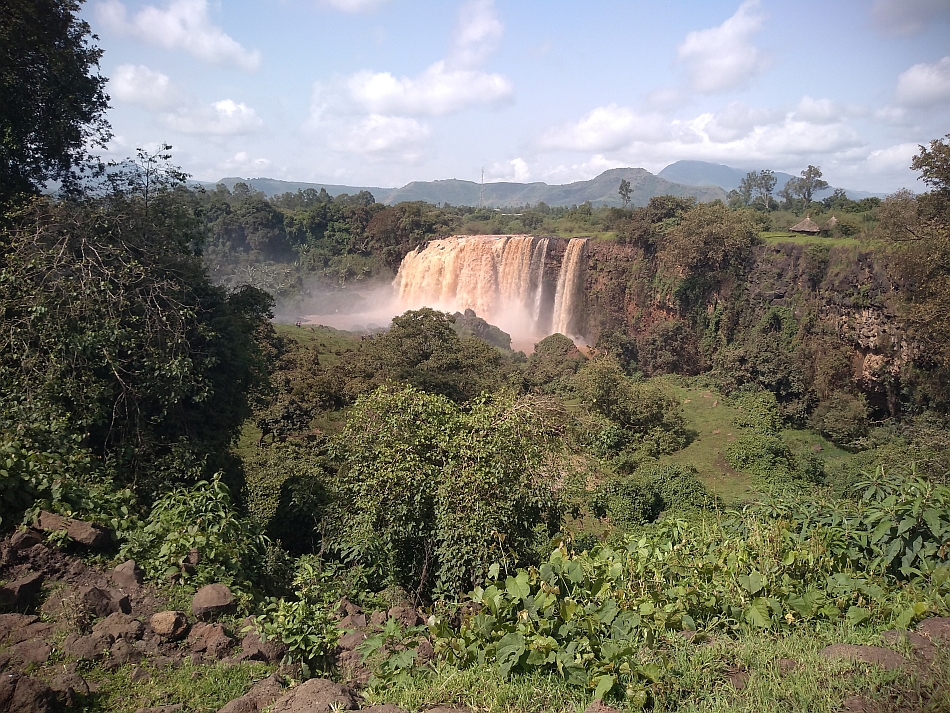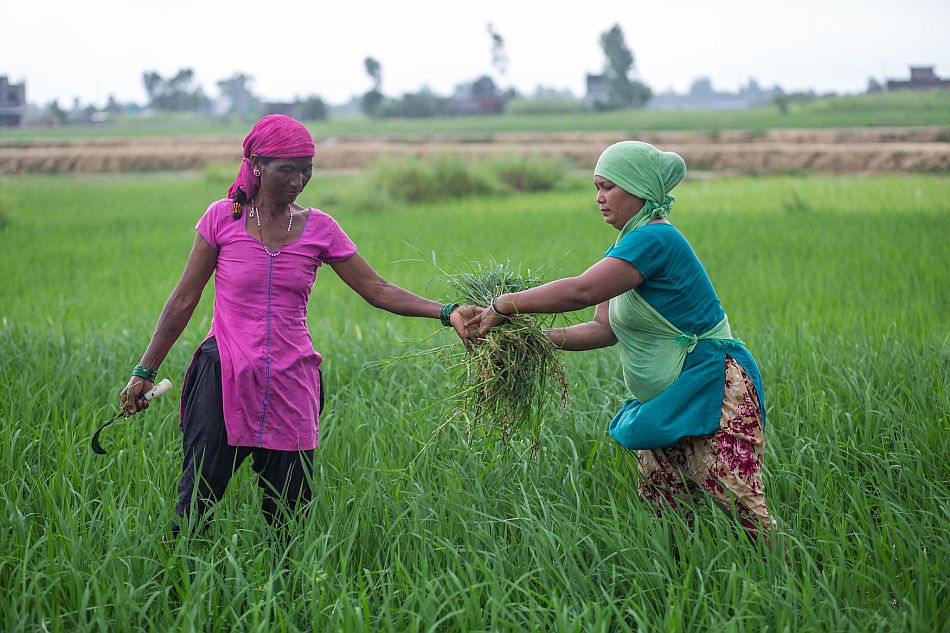CGIAR Initiative: NEXUS Gains
The CGIAR Initiative on NEXUS Gains works at the critical intersection of food, energy, and water security while preserving the ecosystems underlying food systems in selected transboundary river basins.
Water, energy, food, forests and biodiversity – critical to rural livelihoods and our food and nutrition security – are strongly interconnected. Complex challenges emerge at the intersection of these systems, but governments, stakeholders and investors struggle to recognize and manage these interdependencies and trade-offs. These interlinked systems are further stressed by climate change, civil conflict and pandemics. With systems deeply connected, investments in water, energy and food – intended to enhance socio-economic development – have often had unforeseen, harmful impacts for the poorest and most marginalized in society.
Addressing these challenges and risks requires coordinated action across political and institutional boundaries and scales, from the global to the local, and across the public and private sectors and civil society. Systems thinking helps avoid unintended consequences that jeopardize sustainability and worsen conflict over resources. Good governance across boundaries and sectors requires strong institutions and actors willing to overcome siloed approaches and adopt new tools and innovations to support systems approaches.
NEXUS Gains aims to improve integrated management across the water, energy, food and environment (WEFE) nexus for inclusive, sustainable development against the backdrop of the climate crisis. This requires working closely with governments, investors and local communities to identify where and how to maintain, restore and improve ecosystems and biodiversity, revitalize agriculture, and support sustainable irrigation, clean energy and agro-processing needs.
The Initiative analyzes alternative, practical interventions at different scales – from farms to watersheds to river basins – to support economic efficiency and environmental sustainability. It seeks to improve understanding of WEFE synergies and trade-offs, engaging vulnerable groups such as women, youth and other marginalized communities that bear the brunt of poorly managed WEFE systems and have little say in decisions that affect them. NEXUS Gains is also using integrated biophysical and socio-economic tools to support policy design, investment planning and improved governance.
NEXUS Gains aims to identify transformative and inclusive strategies, innovations and policies to achieve gains across WEFE systems – with environmental systems focusing on forests and biodiversity – in selected transboundary river basins. The Initiative will contribute to CGIAR’s Systems Transformation by:
- Developing and applying trade-off analyses and foresight methodologies that can help local and national governments use evidence and data in policy and decision-making processes.
- Developing tools with partners, for use by institutions from local to transboundary scales, to boost water productivity and develop integrated water storage management.
- Co-developing business and finance models for accelerated, inclusive and sustainable access to clean energy and water systems.
- Strengthening WEFE nexus governance by engaging stakeholders across sectors, making sure that marginalized voices are heard.
- Empowering WEFE stakeholders, including emerging women leaders, through technicaland leadership skills development.
NEXUS Gains focuses on six transboundary river basins that are critical for food and nutrition security in Central Asia (Aral Sea Basin), South Asia (Ganges and Indus basins), East Africa (Blue Nile Basin) and Southern Africa (Limpopo and Incomati basins).
Read more: CGIAR Initiative on NEXUS Gains: Initiative overview
Africa > Zimbabwe, South Africa, Ethiopia, Botswana
Asia > Uzbekistan, India, Nepal, Pakistan
CGIAR
CGIAR > International Rice Research Institute (IRRI), International Livestock Research Institute (ILRI), International Food Policy Research Institute (IFPRI), International Center for Agricultural Research in the Dry Areas (ICARDA), Alliance of Bioversity International and CIAT
Matthew McCartney
Water, food and ecosystems > Sustainable water infrastructure and ecosystems
Water, food, energy nexus
availability and allocation of water, basin, Climate change, drought, ecosystem, energy and water nexus, environmental flows, gender analysis, geographic information system (gis), groundwater, hydrological modeling, irrigation, land management, participatory research, remote sensing, soil management, water productivity, water storage, watershed management
CGIAR Initiative on NEXUS Gains (Proj-ID-042)







